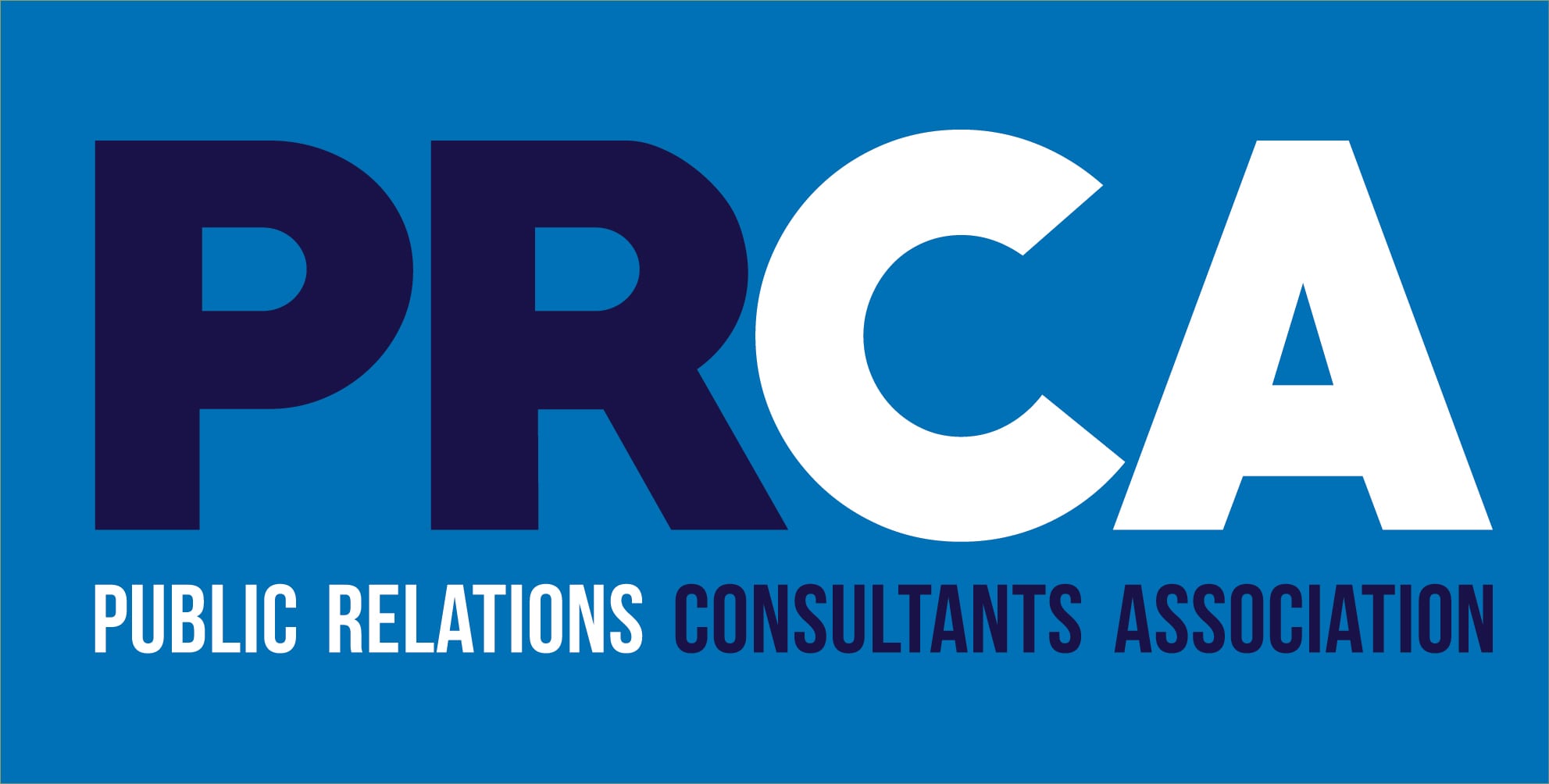It is widely accepted that PR is one of the most effective – and cost effective – ways for brands to reach their target audiences. Indeed, a 2014 survey by Nielsen found that public relations is up to 90% more effective than advertising.
The cost of hiring a PR agency or consultant depends on a variety of factors including campaign objectives, strategy and execution, as well as other variables such as whether the agency is retained on a project basis or for an ongoing period of time.
In general, member firms of PRCA Ireland operate according to the following conditions of business:
Pitch/Proposal Fee
PRCA member firms are willing to answer an initial brief and present their credentials free of charge. A fee may be charged if specific creative proposals are requested; this is often treated as a ‘rejection fee’, payable only if the submitting agency is unsuccessful with their proposal.
Given the amount of work involved, the PRCA recommends that no more than three agencies are invited to submit a creative presentation.
Fee Structures
Once you have decided which agency/consultancy is right for you, the next step is to agree a fee structure that suits both parties; here the agency will advise on the best options:
Retainer: Most agencies agree that PR works best under a retainer, which is an agreed monthly/quarterly fee, payable in advance, for an agreed schedule of activity. Retainers would generally be agreed for contracts of six months or more.
Retainer plus hours: This is an agreed fixed (minimum) charge per month/quarter, payable in advance, for an agreed schedule of activity. When agency time exceeds the terms of the retainer, an additional hourly charge is levied and invoiced, normally on a monthly basis.
Project fee for retained client: For any activity that falls outside the agreed schedule of activity (retainer), an additional specific project fee is agreed between client and agency.
Project fee for non-retained clients: This is a once-off fee for a specific activity, generally for new or non-retained clients, invoiced and payable either in advance or structured according to the status of the project (e.g. half the fee paid by a certain date or benchmark; the remainder paid on completion).
Hourly charges: These are fees based entirely on time spent by the agency/consultancy and invoiced typically on a monthly basis. Hourly fees are generally structured to reflect the role, specialization, seniority or other criteria of personnel involved, i.e. a higher rate would apply to time spent by senior management compared to junior staff. Hourly fees should be agreed in advance of any activity.
Service charges: All third-party activity contracted on your behalf and invoiced to the agency/consultancy is subject to an agency service charge. This is standard practice and applies to all purchases or contracted services where the consultancy assumes responsibility for contracting and supplying that material or service on your behalf. The consultancy also assumes responsibility for payment to the third party on terms agreed between the consultancy and the supplier. The service charge paid by you is in line with this contractual and financial responsibility. Your consultancy should indicate the standard rate of service charge to you on initiation of your PR programme.
In-house charges: In-house charges incurred by the consultancy in the normal operation of your service are invoiced, usually on a monthly basis, usually to cover a range of costs including photocopying, fax, telephone, postage, travel, office facilities, stationary etc.
Additional specialised services: Your consultancy may be in a position to offer specialist in-house services rather than contracting third parties for same. In this case, an additional fee for the supply of such services – examples include design, media monitoring, photography, research, AV production etc – may be charged. Fees for additional services should be agreed in advance.
Administration of Charges
PRCA members operate to strict credit terms of 30 days from date of invoice. The service our members supply is people-related and high salary costs are incurred. Consultancies are prepared to service you on an immediate, no delay basis and payment should be forthcoming on the same basis.
Where particularly high in-house costs or third party charges are incurred, your consultancy will normally seek special payment terms. In cases of high-volume executive work, particularly on specific projects, it is normal to seek regular advance payments. All payment arrangements should be agreed between you and your consultancy on initiation of your PR programme. Invoices are subject to VAT at prevailing rates.






